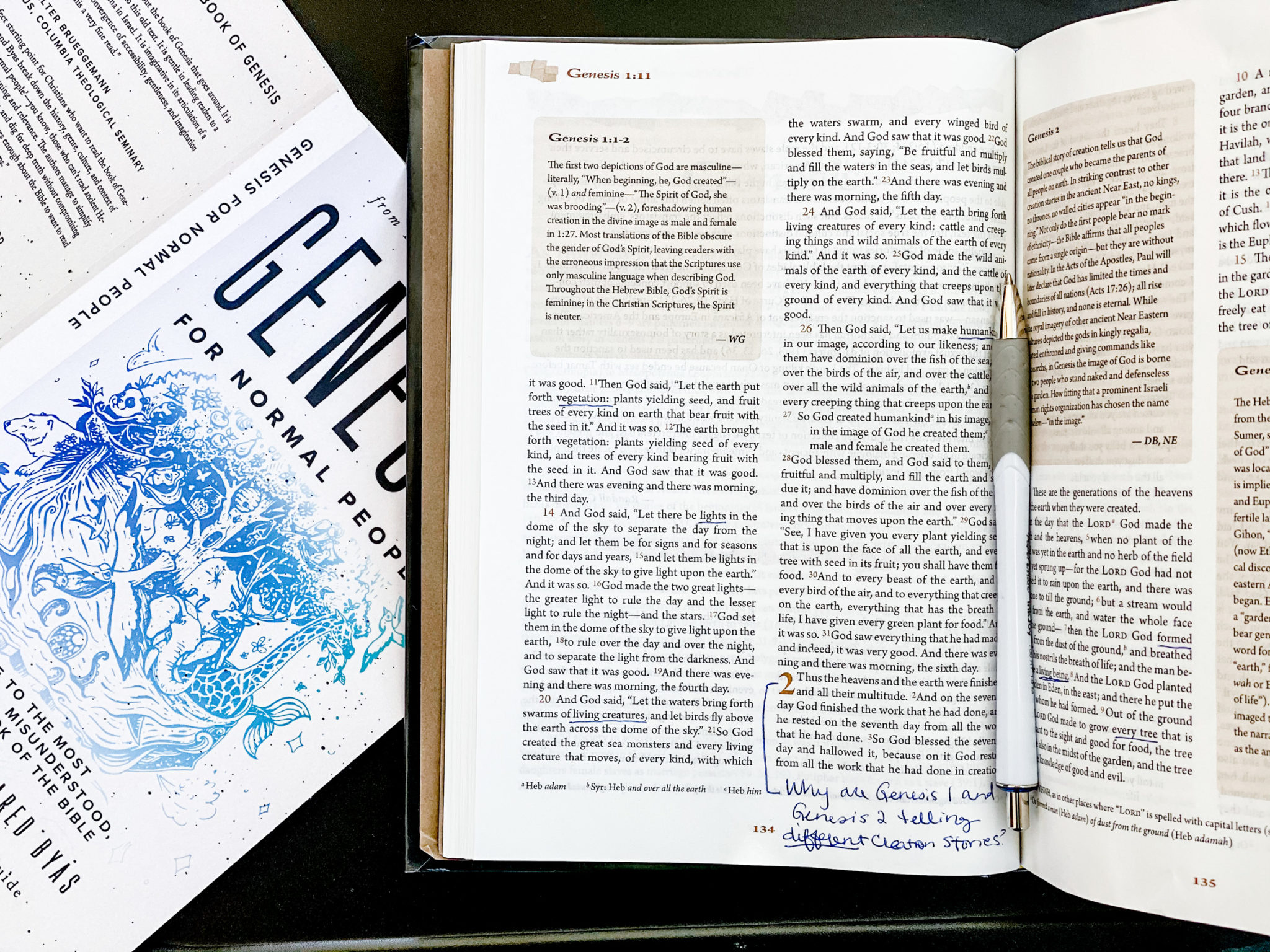2020 has the honor of being “The Year of the Bible,” at least according to Bible 2020, a global Evangelical organization, including the National Association of Evangelicals, World Evangelical Alliance, and the International Bible Society.
Some of us may remember the last time we had such a year, in 1983 under Ronald Reagan. He believed there was a national “need to study and apply the teachings of Holy Scripture,” for “in its pages lie all the answers to all the problems that man has ever known.” Channeling that energy, Bible 2020 feels it is time once again to place the Bible in the center of a national conversation.
They aim to call Christians across the globe “back to the Bible,” by which they mean “to rally more people to greater Scripture engagement” in the face of rather shocking decline in biblical literacy in recent decades among Christians. As a Christian college professor I can attest to this fact firsthand, and I have dedicated my life to addressing the decline in biblical literacy and amping up serious Bible engagement in the church—or as I tell my students, to engage the Bible as adults.
In that sense, my goal overlaps with that of BIBLE 2020. Having said that . . .
I suspect that what they mean by serious Bible engagement and what I mean is not the same thing.
Live and let live, I suppose—we do not all have to engage the Bible in the same way, and I do think that doing something is better than nothing.
On the other hand, over the years I’ve had more than my share of helping Evangelicals recover spiritually, emotionally, and intellectually from the type of “engagement” I suspect will rear its head in this campaign, which is:
- The assumption that in the Bible God speaks to us today directly, plainly, and clearly, yielding moral and scientific certitudes;
- That engaging Scripture means finding the answers to our questions rather than challenging our preconditioned thinking;
- That expressions of doubt, disagreement, or even intellectual curiosity are out of place, signs of a weak faith rather than a faith that is growing;
- That God’s communication is fundamentally on the level of “Bible verses” that can safely be isolated from their historical, literary, and theological context;
- That the Bible’s main purpose is as an evangelistic tool, namely to provide information so that we can be “saved” from eternal conscious torment in hell.
Evangelicalism is a paradox when it comes to the Bible: a passionate love for Scripture while at the same time handling it in ways that sell it short. I am concerned that Bible 2020 is heavily tilted toward an Evangelical understanding of what the Bible is, how it functions in the life of the church, and what it means to read it well.
I am putting the pieces together as best as I can from the Year of the Bible website—I’d have a better sense if I were on the inside, but for some reason the organizers did not think to bring “the only God-ordained podcast on the internet ™” into their inner circle </sarcasm>. And so I suppose I could be wrong about my misgivings, and I further suppose that my comments here could be even be seen as cynicism.
But my desire, rather, is that the Bible is given its due respect as
- a book that invites Christians to experience the mystery of God in Christ;
- a book that encourages Christians, not by promising answers to every question that plagues us, but by modeling for us trust in our Creator when those answer are not apparent—or when they never come;
- a book whose main purpose is to cultivate mature faith in followers of Jesus over time along life’s journey.
The Bible has captivated some of the greatest minds of more than 2,000 years of history. It is indeed worthy of engagement—serious engagement. The question is, what does that engagement look like?

